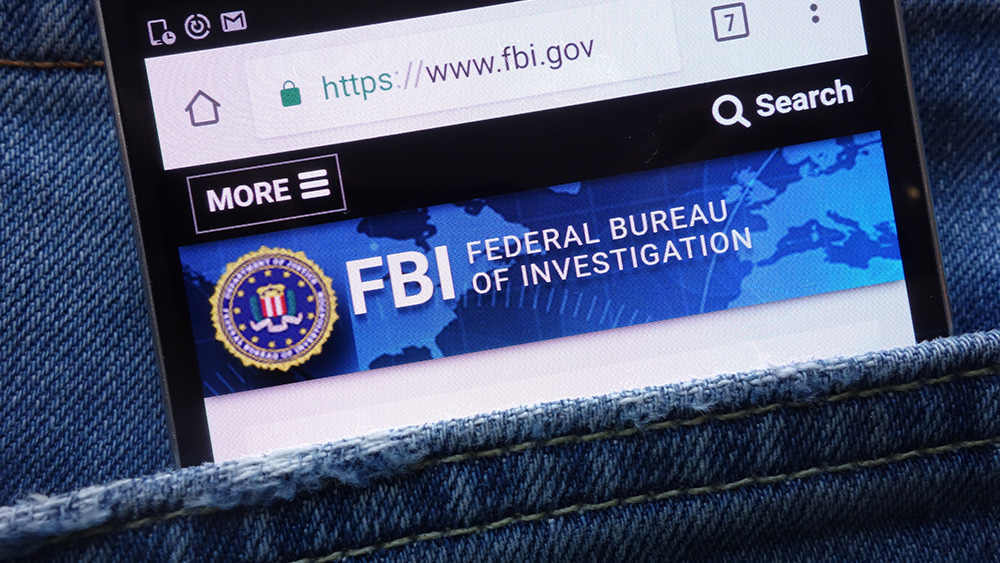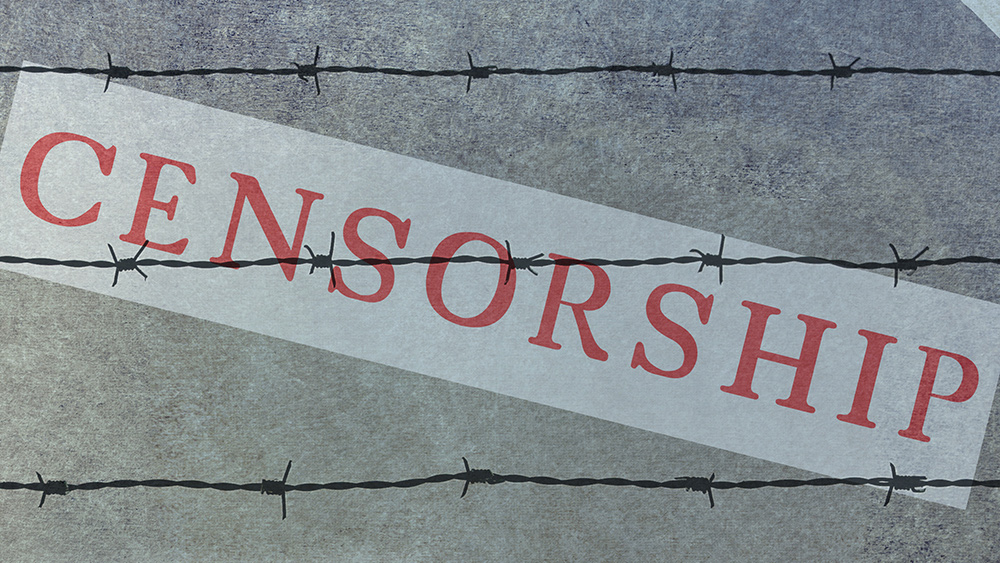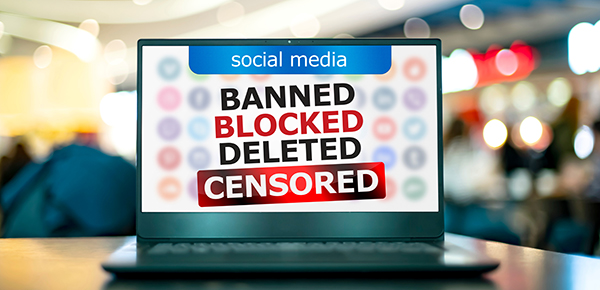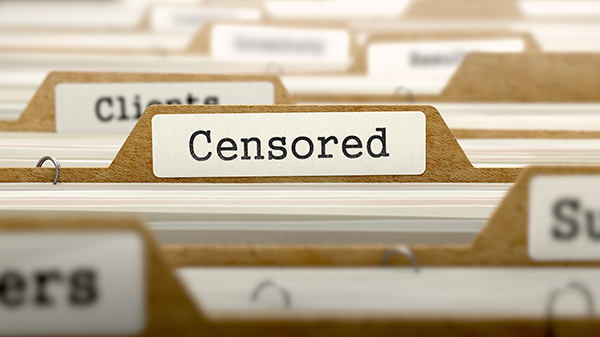Electronic Frontier Foundation: Latest draft of UN Cybercrime Treaty threatens online privacy
12/14/2023 / By Laura Harris

The Electronic Frontier Foundation (EFF), a prominent U.S. digital rights group, has described the latest draft of the United Nations (UN) Cybercrime Treaty as “a significant step backward” and a warning of a dangerous broadening of its scope beyond cybercrimes defined in the convention.
Initially, the UN Cybercrime Treaty seeks to combat global cybercrime, yet in its latest draft, it transforms into an “expansive surveillance treaty.” The revised document has retained a contentious provision that allows states to compel engineers to undermine security measures. This could pose a direct threat to encryption – a vital safeguard for digital privacy. (Related: Google forges deal with UN, WHO to unleash new global CENSORSHIP tool.)
According to the EFF, the latest draft of the treaty would enable access to data located abroad even if it violates the privacy protections of the host nation. The draft also expands the scope of evidence collection and sharing across borders for any serious crime, including those that flagrantly violate human rights law. As a result, this expansion now goes further beyond the cybercrimes initially defined in articles 6 to 16 of the convention.
The EFF warns that the latest draft could facilitate global abuses through extensive cross-border investigative powers. Moreover, the organization claims that the latest changes are not accidental oversights but intentional steps to criminalize expression and dissent, create extensive surveillance powers and facilitate cross-border repression.
Digital and human rights advocates demand exclusion of “speech offenses” from UN cybercrime treaty
In June 2022, Russia, Belarus, Burundi, China, Nicaragua and Tajikistan advocated for the incorporation of “combating hate speech.” However, the EFF warned the public against the dangerous conflation of cybercrime with issues like disinformation, fake news and hate speech.
The treaty could lay the groundwork for online censorship globally. The organization fears that governments might use the pretext of ensuring online security to crack down on speech, thereby compromising fundamental rights under the guise of combating cybercrime.
EFF also stressed that the inclusion of terms like “hate speech” in the treaty is worrisome due to its potential for broad interpretation, allowing it to serve different agendas at different times.
Moreover, the organization argued that the treaty should solely focus on combating actual online crimes related to information and communications technology (ICT), such as illegal access to computing systems, data theft and misuse of devices, and exclude offenses that use ICTs as a tool.
Human Rights Watch (HRW) and Access Now, along with other human rights and digital rights organizations, are with the EFF in opposing the inclusion of content-related offenses.
In December 2021, before the first session with the UN Ad Hoc Committee on Cybercrime, HRW submitted a joint letter signed by 134 human rights organizations and experts from 56 countries to highlight three key points about the treaty.
First, the organization urges member states to ensure a narrow scope for the proposed treaty and not include vague laws that could be misused to arrest people or block online platforms.
Second, the organization emphasizes the need for strong rules on criminal investigations to avoid privacy infringement, malicious intent standards and expansive surveillance.
Last, HRW highlights the importance of transparency among participating countries to counter cybercrime.
“Cybercrime poses a real threat to people’s human rights and livelihoods, and efforts to address it need to protect, not undermine rights. Governments have obligations under international human rights law to protect people from harm resulting from criminal activity carried out through the internet. But government responses to cybercrime can be ineffective or disproportionate and can undermine rights,” the organization wrote.
Find more stories about online censorship at Censorship.news.
Listen to Ben Armstrong comparing fake freedom and real freedom in the clip below.
This video is from The New American channel on Brighteon.com.
More related stories:
UN orders world governments to ‘end free speech.’
UN unveils sinister new tool for combatting “misinformation” called iVerify.
Sources include:
Submit a correction >>
Tagged Under:
big government, Censorship, computing, conspiracy, cyber war, deception, deep state, disinfo, Electronic Frontier Foundation, enslaved, fascism, freedom, Glitch, globalists, Liberty, misinformation, outrage, speech police, thought police, Tyranny, UN, UN Cybercrime Treaty, United Nations
This article may contain statements that reflect the opinion of the author
RECENT NEWS & ARTICLES
COPYRIGHT © 2017 CENSORSHIP NEWS




















